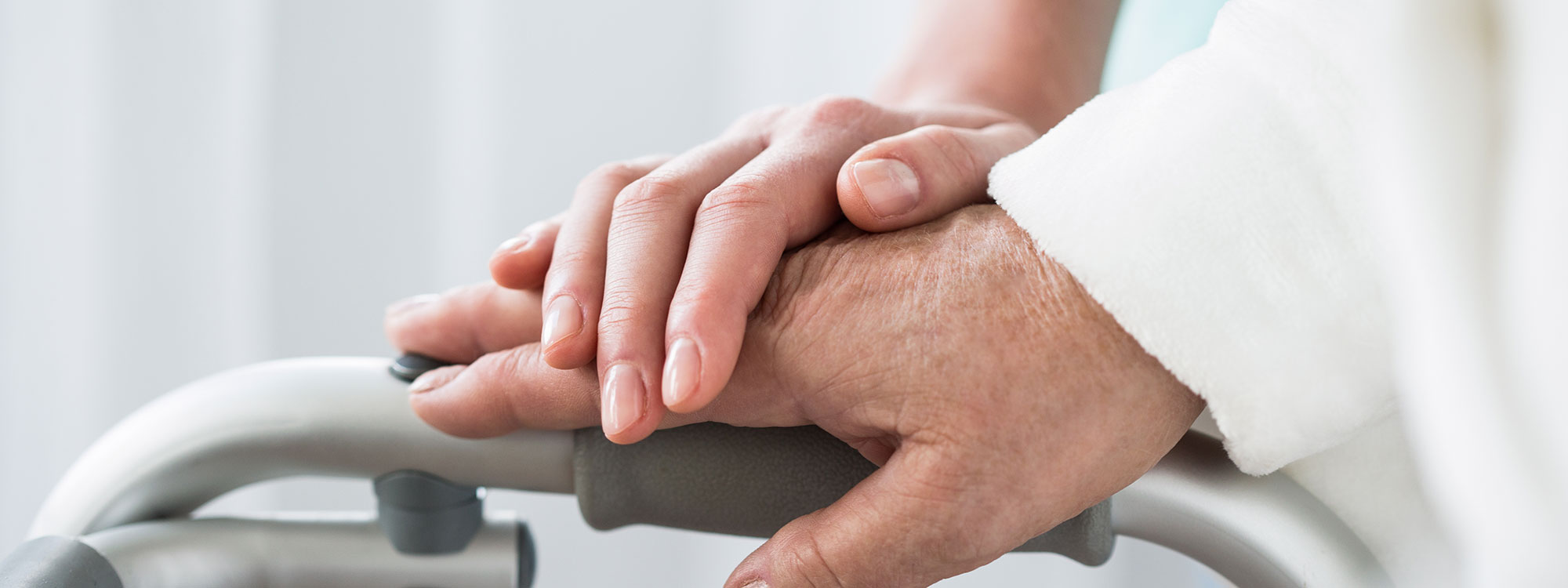
From January 2020 to June 2023, Empira embarked on its fifth collaborative PIPP (Performance-based Incentive Payment Program) with 25 Minnesota care centers. The collaborative member facilities worked together to build this program from the ground up, with the support of subject matter experts, interdisciplinary teams at the facility level, and Empira providing project oversight and coordination. The acronym STREAM stands for Strategies Targeting Resident Elimination Assessment and Management.
Incontinence is widespread, affecting an average of 70% of residents in our collaborative. Although incontinence is common, it is not a normal part of aging. Incontinence presents a barrier to quality of life for residents and is one of the top reasons for admission to long-term care. Toileting has a strong relationship and influence on several other common care plan areas including falls, sleep, nutrition, hydration, skin integrity, and mobility.
STREAM challenges assessment practices that do not accurately reflect the resident's condition and replaces it with objective-based assessments to improve accuracy and efficiency resulting in better quality of care. The assessment data along with resident empowerment, care team collaboration and increased knowledge paired together to emphasize accurate identification of individual root causes for common care problem areas leading to more effective individualized care plan strategies that align with resident care goals and capabilities. STREAM lead to:
- Reduction and elimination of unnecessary workflows for staff and unnecessary life interruptions for residents.
- Elimination of ineffective assessments that lead to predetermined care needs, and replace them with accurate and more effective assessments.
- Aligning care-planning strategies with causation and individualized life goals.
- Promoting healthy aging and dispelling common myths about normal aging.
STREAM established program cornerstones; best practices, recommended tools and resources, and created education to sustain culture change within communities. This program successfully challenged the status quo surrounding incontinence and elevated the comprehensive approach to best serve the residents in care communities.